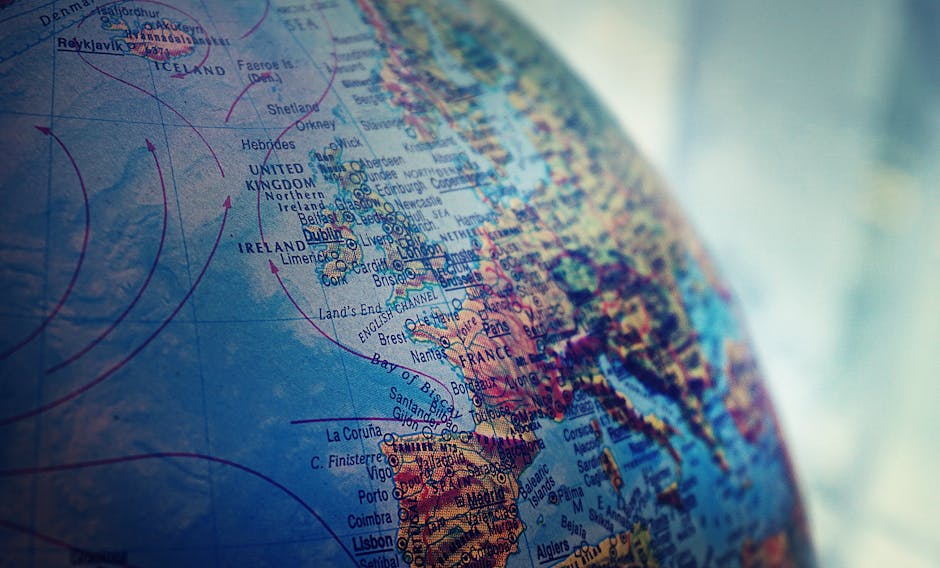In the depths of our oceans lies a crisis that few fully comprehend. Every year, millions of tons of plastic waste find their way into the seas, creating a toxic environment that threatens not only marine life but also the future of our planet. This hidden threat, often overshadowed by more immediate concerns, is a slow-moving disaster that demands urgent attention. As we stand on the precipice of irreversible damage, the urgency to act has never been more pronounced.
Imagine a world where vibrant coral reefs are bleached and lifeless, where sea turtles mistake plastic bags for jellyfish, and where the very fish we depend on for sustenance are contaminated with microplastics. This is not a distant dystopia; it is the future we are crafting with our negligence. The emotional weight of this reality is heavy, yet it is also a call to action. Understanding the scope of plastic pollution is the first step toward reclaiming our oceans and safeguarding our planet for future generations.
Plastic pollution is not just an environmental issue; it is a multifaceted crisis that impacts marine ecosystems, human health, and global economies. The sheer scale of plastic waste is staggering. It is estimated that by 2050, there will be more plastic in the ocean than fish, a statistic that evokes both alarm and urgency. Marine animals ingest plastic debris, leading to malnutrition, internal injuries, and death. The delicate balance of marine ecosystems is disrupted, leading to a cascading effect on biodiversity that could take generations to recover from.
The human impact of plastic pollution cannot be overstated. As plastics break down into microplastics, they enter the food chain, affecting not only marine life but also the people who consume seafood. Studies have shown that microplastics can carry harmful chemicals and pathogens, raising concerns about the long-term health effects on humans. This alarming reality forces us to confront the consequences of our consumption patterns and the urgent need for sustainable alternatives.
Despite the daunting nature of this crisis, there is hope. Grassroots movements and innovative technologies are emerging to combat plastic pollution. Communities around the globe are organizing clean-up efforts, advocating for policy changes, and developing biodegradable materials to replace single-use plastics. The rise of ocean conservancy initiatives is a testament to the power of collective action. With awareness and determination, we can turn the tide against plastic pollution and restore the health of our oceans.
As we navigate this complex issue, it is crucial to remember that change begins with individual choices. By reducing our plastic consumption, supporting sustainable practices, and holding corporations accountable, we can contribute to a healthier planet. The fight against plastic pollution is not just about protecting marine life; it is about preserving the beauty and vitality of our oceans for generations to come.
In the face of this hidden threat, we must remain vigilant and proactive. The emotional weight of knowing our actions have consequences can be overwhelming, but it also ignites a fire within us to make a difference. Together, we can advocate for policies that prioritize the health of our oceans, support innovators in sustainability, and inspire others to join the movement. The future of our oceans hangs in the balance, and it is our responsibility to ensure that they thrive, not just survive.

